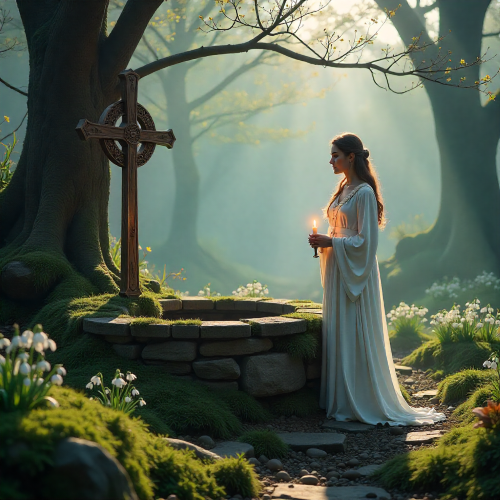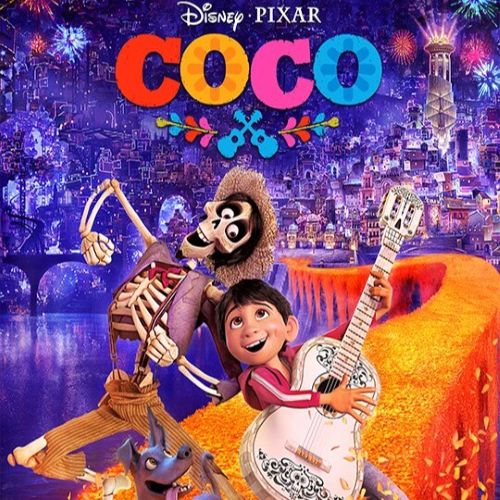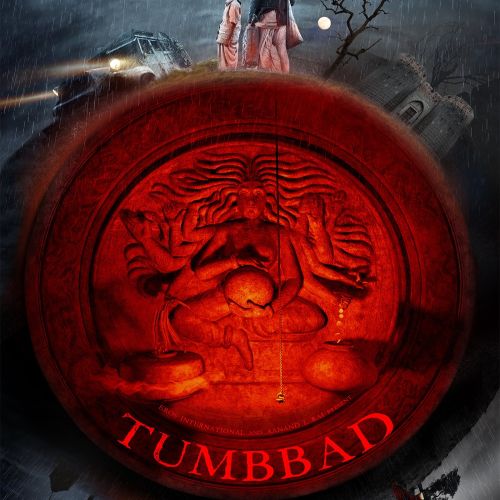Juju Stories (2021)
| Description | |
|---|---|
| Country of Origin | Nigeria |
| Language | English |
| Genre | Horror |
| Cast | Belinda Agedah Yanga, Paul Utomi, Elvis Poko, Don Ekwuazi, Nengi Adoki |
| Directed by | C.J. Obasi, Abba Makama, Michael Omonua |

The 2021 Nigerian movie Juju Stories is a bold cinematic experiment that breathes new life into African mythology and traditional storytelling. Directed by C.J. “Fiery” Obasi, Abba Makama, and Michael Omonua, the film is an anthology of three interconnected tales rooted in Nigerian urban legends and folk beliefs about juju, a term broadly used to describe magic, charms, and supernatural practices. What makes Juju Stories so compelling is its ability to merge the ordinary with the extraordinary, taking ancient mythological concepts and grounding them in the modern world.
The film opens with “Love Potion,” where the use of juju to manipulate love takes center stage. In Nigerian folklore, potions and charms designed to win or control affection are common motifs, often warning of dangerous consequences when humans meddle with the supernatural. The story captures this essence by showing how desire, when influenced by mystical forces, becomes a double-edged sword. Rather than presenting juju as a distant relic of tradition, it reveals how these practices still hold relevance in contemporary society, where superstition and belief intertwine with daily life.
The second story, “Yam,” dives even deeper into mythological territory by reimagining the taboo of eating human flesh, a theme long present in African oral traditions. Here, a character transforms into a yam after committing an unspeakable act, echoing myths of metamorphosis and punishment that resonate with indigenous cosmology. This story is both surreal and haunting, reminding viewers that in myth, human transgressions against moral or spiritual laws often lead to bizarre and irreversible consequences. The blending of mundane city life with a mythological metamorphosis highlights how folklore is not a thing of the past but a living, breathing force in Nigerian cultural consciousness.
The final tale, “Suffer the Witch,” centers on the age-old mythology of witchcraft, an enduring theme in African storytelling. Nigerian myths often portray witches as figures of both fear and fascination, wielding power that disrupts the natural order. In this story, obsession, jealousy, and the supernatural collide as a young woman’s relationships unravel under the influence of juju. The film skillfully portrays witchcraft not as a spectacle of fantasy but as a subtle, insidious force that shapes human behavior and destiny. This careful balance of realism and the supernatural makes Juju Stories an authentic reflection of African cosmological views.
What elevates the mythology in Juju Stories is its refusal to exoticize or oversimplify. Instead, it treats juju with nuance, presenting it as a complex system of beliefs that continue to shape social interactions, morality, and fears in Nigerian society. Rather than demonizing or glorifying these traditions, the film allows the myths to unfold naturally, letting the audience wrestle with their implications. By doing so, Juju Stories not only entertains but also preserves and reinterprets cultural heritage for a modern audience.
The cinematography adds another layer to the mythological experience. Ordinary urban settings become stages for extraordinary encounters, reinforcing the idea that the mythical is never far from reality. The directors use shadows, silences, and sudden bursts of surreal imagery to capture the eerie presence of juju in everyday life. This stylistic choice echoes the way myths are told in African oral tradition—calm storytelling punctuated by moments of shock and wonder.
Juju Stories ultimately succeeds as both a film and a cultural document. It brings to the screen mythological elements that are often sidelined in mainstream cinema, highlighting the richness of Nigerian folklore. For international audiences, it offers a rare glimpse into how myths continue to shape identity and imagination in Africa. For local viewers, it reaffirms the power of storytelling traditions that have endured through centuries. The result is a film that is not just about juju but about the myths, fears, and hopes that define human existence.
In reviewing Juju Stories, it becomes clear that this film is more than just a collection of supernatural tales. It is a testament to the endurance of mythology in contemporary culture and a bold reminder that folklore is never truly in the past—it walks alongside us, influencing choices, relationships, and beliefs. By grounding mythological themes in relatable urban experiences, Juju Stories proves that African cinema has a unique voice capable of transforming old myths into fresh, thought-provoking narratives.








